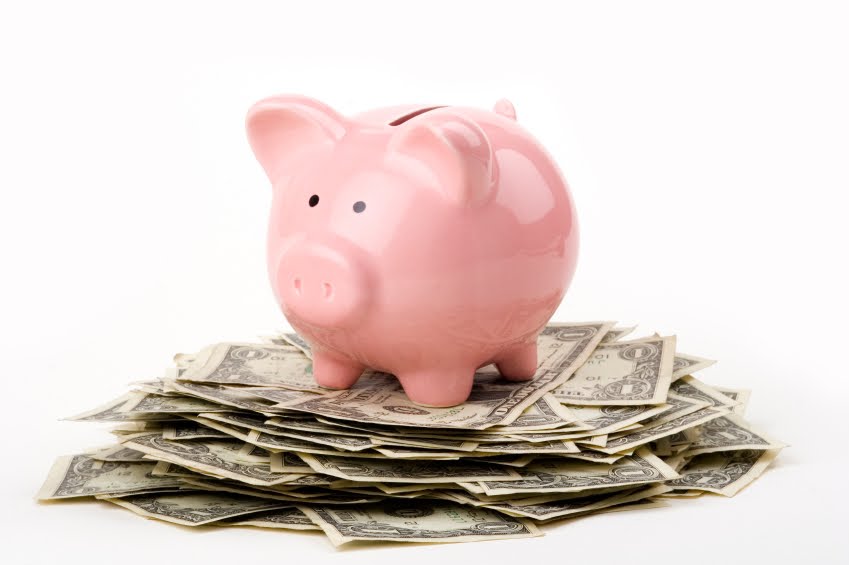Payroll
Most Americans Uncomfortable with Emergency Savings
Just 43% of Americans say they are comfortable with the level of emergency savings they currently have, including 28% who are somewhat comfortable and 15% who are very comfortable.
Jun. 22, 2023

The majority of Americans (57%) are uncomfortable with their level of emergency savings (including one-third who are very uncomfortable), according to a new Bankrate report. Additionally, fewer than half of Americans (48%) have enough emergency savings to cover at least three months’ worth of expenses, while more than 1 in 5 Americans (22%) have no emergency savings at all, marking the second lowest level in 13 years of polling.
[See the report: https://www.bankrate.com/banking/savings/emergency-savings-report/]
Just 43% of Americans say they are comfortable with the level of emergency savings they currently have, including 28% who are somewhat comfortable and 15% who are very comfortable. Among those who are either very or somewhat comfortable with their emergency savings, 82% have at least three months of expenses saved.
Of those who are very or somewhat uncomfortable with their level of emergency savings, only 22% have at least three months of expenses saved. An additional 41% say they have some emergency savings, but less than would cover three months’
expenses, and more than one-third of those who are uncomfortable (37%) have no emergency savings at all.
When asked what it would take for Americans to feel comfortable with their level of emergency savings, nearly 9 in 10 (88%) say they would need enough to cover at least three months of expenses, compared to 72% in 2019 when the question was last asked. That includes nearly two-thirds (64%) who say enough to cover six months’ expenses would make them feel comfortable with their emergency savings, 25% who say three to five months’ expenses would be enough, and just 9% who would be comfortable getting by with some but not enough to cover three months’ expenses.
“The economic gyrations over the past 4 years have underscored the importance of having emergency savings, with an increasing share of Americans thinking it will take a bigger savings cushion to feel comfortable with it,” said Bankrate’s Chief Financial Analyst Greg McBride, CFA. “Nearly 2-in-3 Americans, 64%, won’t feel comfortable with their emergency savings until they accumulate at least enough to cover 6 months of expenses, and 88% say they’ll need at least three months of expenses saved. These are up from 52% and 72%, respectively, in 2019.”
However, fewer than half of Americans (48%) say they have enough emergency savings to cover at least three months’ expenses. That includes 30% who have enough to cover six months of expenses (up from 27% last year, and marking the second
highest in 13 years of polling), and 18% who have enough to cover three to five months of expenses. An additional 30% say they have some emergency savings, but less than would cover three months’ worth of expenses.
The likelihood of having no emergency savings declines with age, with 27% of millennials (ages 27-42) having none, compared to 22% of Gen Xers (ages 43-58), and 15% of baby boomers (ages 59-77). Baby boomers are most likely (56%) to say they
are comfortable with their level of emergency savings, compared to 38% of Gen Xers and 37% of millennials.
Among employed Americans, more than half (56%) add to their emergency savings on at least a monthly basis, including 29% who do so every paycheck, and 26% who add to their emergency savings once per month. Nearly 1 in 5 workers (18%) say they
contribute to their emergency savings every couple of months, while 8% say they do so once per year, 6% say it’s less than once per year, and 13% of workers say they never add to their emergency savings.
Of those working Americans who have at least three months’ expenses in emergency savings, 73% add to their savings at least once per month. Additionally, 70% of working Americans who are comfortable with their level of emergency savings also say they contribute on at least a monthly basis.
“Successful saving is all about the habit,” McBride added. “Regular contributions such as a direct deposit from your paycheck or an automatic monthly transfer into an online savings account lead to a higher level of emergency savings and greater comfort level with it.”
